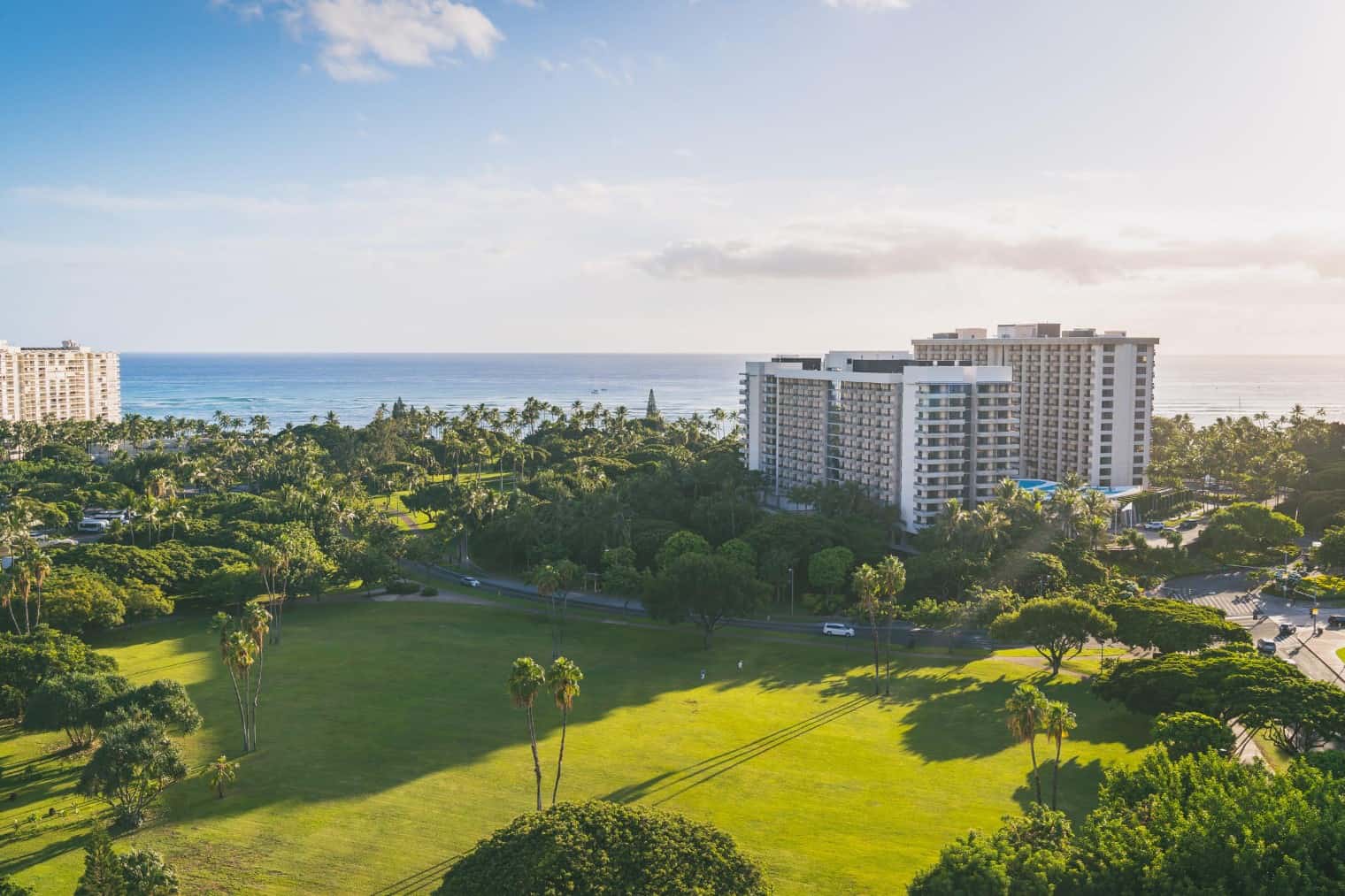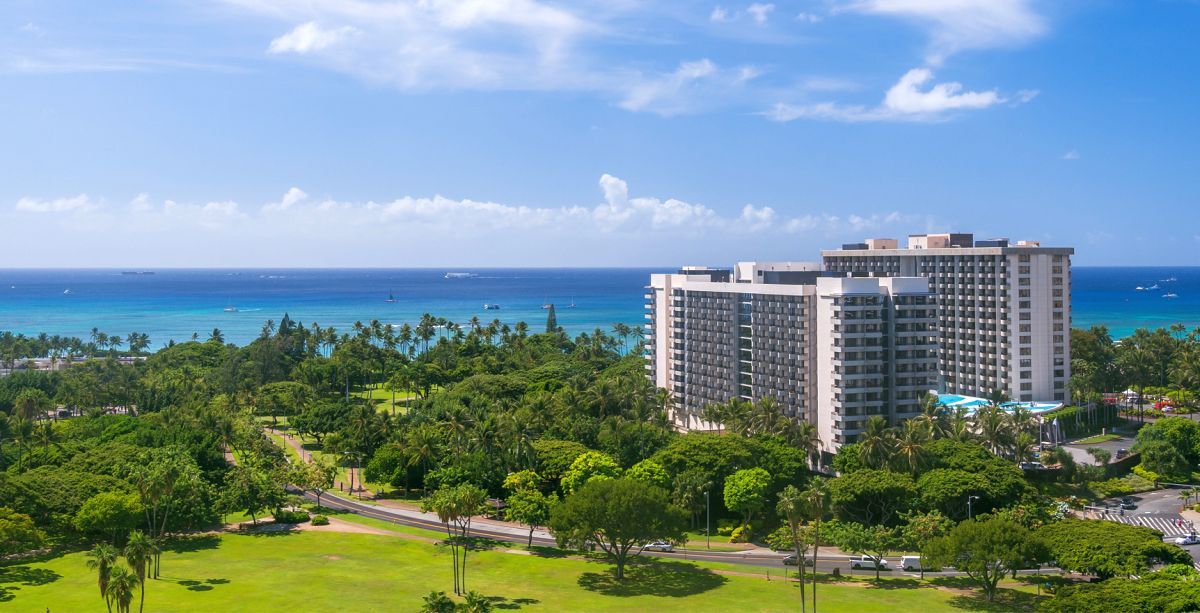Military Lodging Hawaii offers service members and their families a range of accommodation options across the islands. From basic barracks to comfortable family quarters, the choices vary widely depending on branch of service, location, and needs. This comprehensive guide navigates the intricacies of booking, costs, amenities, and experiences to ensure a smooth and informed stay in paradise.
This guide details the diverse lodging options available to military personnel in Hawaii, covering everything from location and accessibility to booking procedures and costs. We explore the amenities offered at various bases, share firsthand experiences from service members, and address frequently asked questions to provide a complete resource for planning your stay.
Booking Procedures and Policies
Securing military lodging in Hawaii requires understanding the specific procedures and policies governing each branch of service and eligibility status. The process, while generally similar, varies in detail depending on whether you are active duty, a retiree, or a dependent. Accurate documentation is crucial for a smooth booking experience.
Active Duty Military Booking Procedures
Active duty personnel typically access lodging through their respective branch’s lodging portal or reservation system. These systems usually require a valid military identification number (ID) and potentially a deployment or training order, depending on the specific installation and lodging facility. The booking process generally involves selecting dates, choosing a lodging option based on availability and rank, and confirming the reservation online.
Do not overlook explore the latest data about best travel companies for singles.
Confirmation often includes a reservation number and details about check-in procedures. Failure to provide the necessary documentation can result in reservation denial.
Retired Military Booking Procedures
Retired military personnel usually follow a similar online booking process, but may need to provide additional documentation, such as their retired military ID card and proof of retirement status. Some installations may prioritize active duty personnel, leading to limited availability for retirees, particularly during peak seasons. Advance booking is highly recommended. Specific requirements may vary depending on the installation and the type of lodging available.
Dependent Booking Procedures
Dependents of active duty or retired military members typically need to provide documentation proving their relationship to the service member, such as a copy of their military ID card or a marriage certificate. They will also usually need to book through the same online portal used by active duty and retired personnel. In some cases, the sponsoring service member may need to authorize the booking.
Similar to retirees, dependents may face availability challenges during peak seasons.
Documentation Requirements Comparison
| Booking Type | Required Documentation |
|---|---|
| Active Duty | Military ID Card, Deployment/Training Orders (may vary) |
| Retired Military | Retired Military ID Card, Proof of Retirement Status, Military ID Card (Spouse/Dependent) |
| Dependents | Military ID Card (Sponsor), Proof of Relationship (Marriage Certificate, Birth Certificate), Sponsor Authorization (May vary) |
Branch-Specific Booking Policies
While the overall process is similar across branches, subtle differences exist. For instance, the specific online portal used, the availability of certain lodging options, and the priority given to different personnel categories can vary between the Army, Navy, Air Force, and Marines. It’s crucial to consult the specific lodging website for the branch of the sponsoring service member to understand any unique requirements or policies.
Contacting the installation’s lodging office directly is recommended if questions arise.
Costs and Payment Methods

Securing comfortable and affordable lodging is a key concern for military personnel and their families stationed in Hawaii. Understanding the cost structure and available payment options for military lodging facilities is crucial for effective budgeting and planning. This section details the typical expenses and payment methods accepted at these facilities.
The cost of military lodging in Hawaii varies significantly depending on several factors. These include the specific location of the lodging facility (e.g., proximity to bases, amenities offered), the size and type of accommodation (e.g., studio, one-bedroom, family suite), and the length of stay. Additionally, seasonal demand can influence pricing, with higher rates often observed during peak tourist seasons.
While exact pricing isn’t readily available online and fluctuates based on these factors, it’s advisable to contact the specific lodging facility directly for up-to-date pricing information. Expect to pay a nightly rate, and longer stays may qualify for discounted rates.
Cost Breakdown and Additional Fees
A typical nightly rate for a standard room might range from $75 to $200, but this is a broad estimate. Larger accommodations, such as family suites, will naturally command higher rates. Additional fees may include a resort fee (covering amenities like pool access or fitness center usage), parking fees, and potentially early check-in or late check-out charges. Some facilities may also levy a cleaning fee, particularly for longer stays.
These additional fees can significantly impact the overall cost, potentially adding $20-$50 or more per night depending on the facility and services used. It’s essential to inquire about all potential fees during the booking process to avoid unexpected charges.
Payment Methods
Military lodging facilities typically accept a range of payment methods to cater to the diverse needs of service members. Commonly accepted methods include major credit cards (Visa, Mastercard, American Express, Discover), debit cards, and government-issued travel cards. Some facilities may also accept cash or checks, though this is less common. It is always recommended to confirm accepted payment methods directly with the specific lodging facility before arrival to avoid any inconvenience.
Calculating Total Cost Examples
Calculating the total cost requires considering the nightly rate, the length of stay, and any additional fees. Here are a few examples:
| Scenario | Nightly Rate | Length of Stay | Additional Fees | Total Cost |
|---|---|---|---|---|
| Single Service Member, 3 Nights | $100 | 3 Nights | $15 (parking) | $315 |
| Family of Four, 7 Nights | $175 | 7 Nights | $35 (resort fee) + $70 (parking) | $1400 |
| Couple, 10 Nights | $125 | 10 Nights | $50 (cleaning fee) | $1300 |
Total Cost = (Nightly Rate x Number of Nights) + Additional Fees
Experiences and Reviews of Military Lodging in Hawaii: Military Lodging Hawaii

Military lodging in Hawaii offers service members and their families a range of accommodation options, from cozy cottages to spacious family suites, across various bases and locations. These facilities provide a cost-effective alternative to civilian hotels, offering a familiar and supportive environment. However, experiences vary widely depending on the specific location, the type of lodging, and the time of year.
This section examines anecdotal accounts to provide a comprehensive overview of what service members can expect.
Hale Koa Hotel Reviews, Military lodging hawaii
The Hale Koa Hotel, located on Waikiki Beach, consistently receives high praise for its prime location and luxurious amenities. Many reviews highlight the stunning ocean views, the readily available on-site restaurants and shops, and the overall feeling of a resort-style stay. One frequent comment centers on the exceptional customer service provided by the staff. However, some reviewers note that the cost, while still generally less than comparable civilian hotels, is higher than other military lodging options.
Others mention that booking well in advance is crucial due to high demand.
Schofield Barracks Family Housing Reviews
Schofield Barracks offers a variety of family housing options, ranging from single-family homes to townhouses. Reviews of these facilities vary depending on the specific unit and its age. Some reviewers praise the spaciousness and well-maintained condition of newer units, while others describe older units as needing updates or repairs. A common theme is the close-knit community feeling within the barracks, with many residents mentioning the ease of making friends and the convenience of on-base amenities.
However, some express concerns about noise levels and the need for vehicle maintenance due to the age of some units.
Summary of Common Positive and Negative Aspects
Positive aspects frequently mentioned across various military lodging options in Hawaii include convenient locations near beaches and attractions, the affordability compared to civilian options, and the availability of on-base amenities such as swimming pools, fitness centers, and commissaries. The strong sense of community among residents is another frequently cited positive.Negative aspects include the need for advance booking, especially during peak seasons, varying levels of maintenance and upkeep across different facilities and locations, and the potential for noise disturbances in some locations, particularly those closer to shared spaces or main roads.
While the cost is generally lower than civilian options, the price can still vary significantly depending on the type of lodging and location.
Securing comfortable and affordable lodging is crucial for a successful military assignment or vacation in Hawaii. This guide provides a thorough overview of the available options, equipping service members and their families with the knowledge needed to make informed decisions. From understanding booking procedures to appreciating the diverse amenities and locations, this resource aims to simplify the process and enhance the overall experience.


